my data in the mySQL DB looks like this (but not only this 4, i have many persons which are appearing more then once, but with different qualifications and different modified dates

Selection would be something like:
SELECT * FROM table where person_id=1 GROUP BY person_id
so, if i make this selection and i group by person_id i get something like this:

is there any possibility to group by the person id, but to say: ok, give me the last modified qualification? normally i don't have the person_id in the where SQL statement.
so i want all persons from my selection but only the result with the last modified qualification
( I hope I explained it well eonough so you understand what the problem is )
(my selection is of course much more complicated then the one i showed, this is just for showing you what I'm doing)